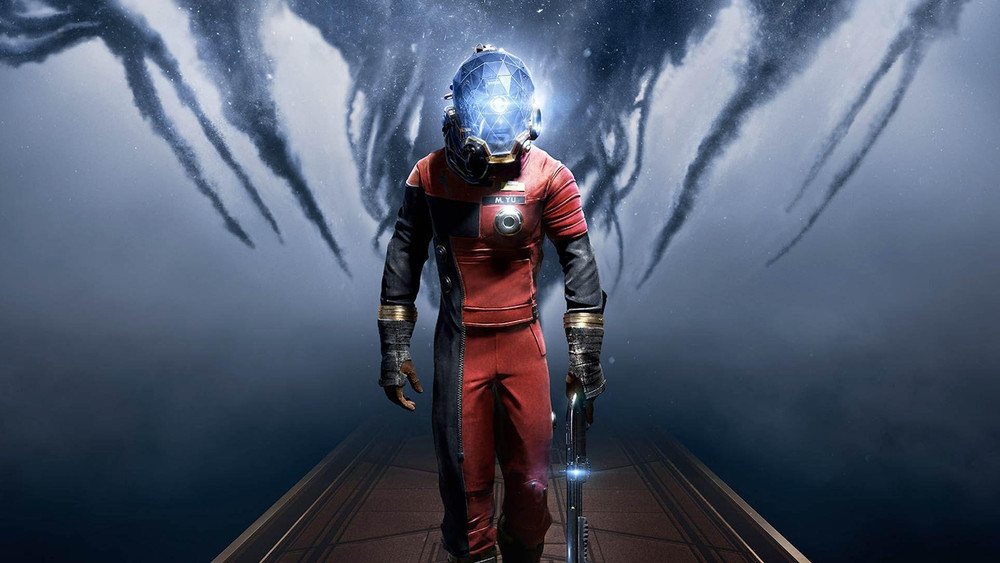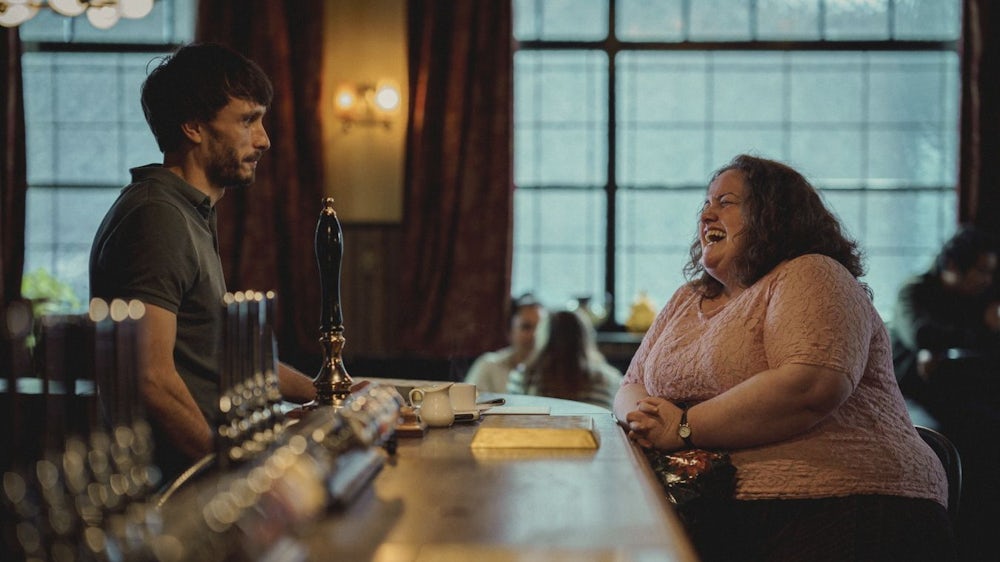I like The Chronicles of Narnia. There’s so many things you can throw against them: they’re really, really poorly written, the characters are somewhat lame, and last but not least there’s the annoying presence of Aslan, the great talking Lion slash metaphore for the Messiah. When he comes, the dead rise again, the blind can see and the tailless get their furry ass aspect back. I mean seriously, is there a character more annoying in literature?
Even despite my rants about Aslan – who seem to be going on and on once I start – I am reading every book (I’m almost done with The Voyage of the Dawn Treader) and I do tend to go see the movies. To, you know, see what they did and stuff. See how they made a non-epic, poorly written essay into a poorly executed epic masterpiece (in the case of the first movie). Beause here’s the deal with The Lion, the witch and the wardrobe: while the movie was enjoyable and quite magic, some of the set pieces looked flimsy and unreal, killing everything it had hoped to build.
However! It is with joy in my heart I can say that Prince Caspian has been turned into an epic movie that’s so immersive it’s actually – dare I say it – exciting. If, of course, you can forgive them for the first half. You know, the half that was in the book?
Losing Faith
C.S. Lewis’s Prince Caspian is all about doubt and losing faith. This theme was carried over nicely from the books – in fact, it was even enhanced. While the book doesn’t really invest in the children’s psychologies that much, the movie does: Peter’s struggle in faith becomes more of a manly feeling: we can see him giving up hope in Aslan – even though it pains him to do so – and trying to do things the manly way: on his own. Susan’s losing faith has more to do with her interest in the other sex – even though it was carried out a bit too much, I feel – and once again, we could feel the pain it caused her. It was part of growing up.
Lewis never used this approach in this book – in a way, it appears to me that Lewis was underestimating his core public (children) and making the story as straight forward as possible, hoping they would learn something incidentally along the way. The movie takes the viewer more seriously, and hopes they will understand the normal struggles the oldest Pevensies are going through. This not only makes those two Pevensies more interesting, it also makes the viewer long for Aslan’s coming to set things right. Which, in turn, makes Aslan a less annoying character for me.
Poor, poor Edmund
So Susan and Peter became more interesting. That’s good: the only interesting Pevensie in the book obviously was Lucy, seeing how she was always right all along. This leaves us with Edmund, who seems to be the shadow side of the bargain: while the script develops Susan and Peter, it leaves dear little Edmund standing in the cold. This is a point where the book shone: we could see Edmund making up with Lucy for the grief he caused her back in the Lion, the witch and the wardrobe. In the movie, this was one sentence – after which Edmund was reduced to comic relief and the necessary two-three sentences for continuity’s sake. What a shame.
In a way, this is perfectly reasonable on behalf of the scriptwriters: Susan and Peter’s big role in the Narnian Chronicles is over, while Lucy and Edmund will be seen again in a later story. In a way, I also had the same feeling about Caspian: there’s a lot more to be told about his psychology. Maybe they’ll leave this for the next movie as well?
135 Minutes
All this psychologizing makes this movie so much better. It also makes it perfectly reasonable that the movie is 135 minutes long. Before the movie started, I wondered how hard it could be to turn a 100 page novel into a 90 minute feature. You wouldn’t even have to cut that much – just dust out the fluff and you have yourself a movie script. What I hadn’t expected, however, was for them to add things like I mentioned before. Obviously the (poorly written) battle scenes would have to be at least fifteen minutes each and contain extra elements, but adding character development to a movie where there was practically none? That was a bold move. A bold move which succeeded and only once broke the Narnian continuity (Seriously – Caspian and Susan?! I see where you’re taking this, but STILL.). A bold move which made the movie a bit longer than it should have (at certain times I was hoping for it to get on with it quickly) but better than my idea of having a shorter feature with no additions.
In all…
Is Prince Caspian better than the Lion, the witch and the wardrobe? In my opinion, it is. Granted, Prince Caspian is less magical – but if you hold that against the movie, you’re not giving the stories themselves a fair treatment. Prince Caspian – the book – is a darker story, a harder story, a story with less magic but more punch. That’s also the way this movie is. On the other hand, it’s so much more interesting than they made the first movie. There is so much more stuffing in this turkey, making it taste so much better!
Oh, and there’s no rocks that looked like styrofoam. Seriously, for those praising the production values of the first movie, you really oughta watch it again. It is a good movie, but I can never unsee those rough edges. Ever!
Favourite Quote:
Lucy: I wish you would all stop trying to sound like grown-ups! I didn’t think I saw him, I did see him.
Trumpkin: I… *am* a grown-up.



